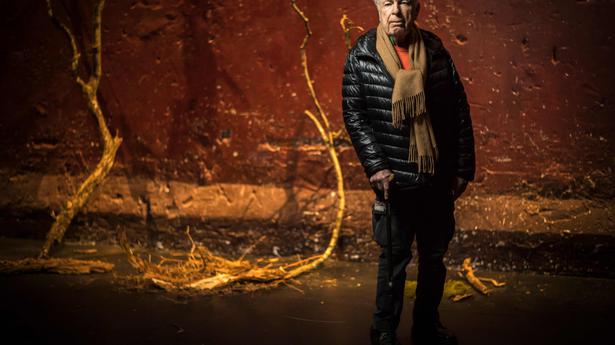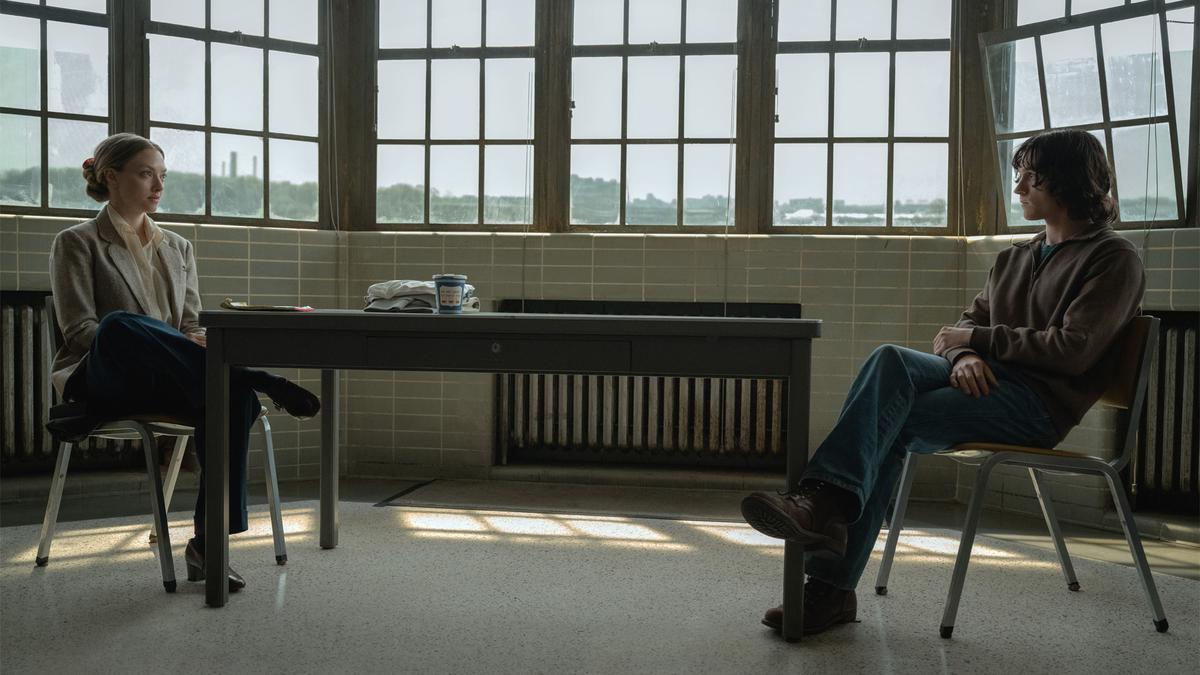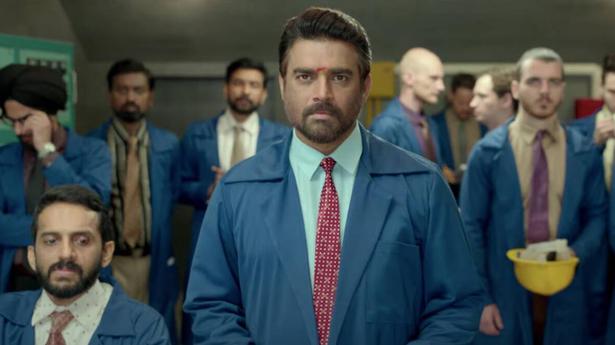Dancer-choreographer Akram Khan recalls the experience of being a part of Peter Brook’s ‘Mahabharata’ ensemble
Dancer-choreographer Akram Khan recalls the experience of being a part of Peter Brook’s ‘Mahabharata’ ensemble
Akram Khan was 14 when he joined Peter Brook’s grand nine-hour seminal theatre production of the Mahabharata presented by a unique multi-cultural crew of 21 actors from 16 countries.
For a generation that saw B.R. Chopra’s hugely popular tele-series as the most authentic representation of the Indian epic, both the West and the East were initially intrigued when Peter, who passed away on July 3 in Paris, staged his adaptation in French with an English version. The celebrated theatre director found that the Mahabharata strongly resonated with his oeuvre and aesthetics. His interpretation, essentially Shakespearean in spirit, offered a stunning contrast between human foibles and fantasies, intrigue and emotion, war and peace. Any other director would have been intimated by its scale and complexity, but not Peter, who earned himself a place in history by undertaking such theatrical challenges.
For Akram, a second generation Bangladeshi immigrant in London, who was fighting to find his identity, the Mahabharata came as a great opportunity to boldly embrace his Asian roots. He was then training in Kathak at the insistence of his mother, though he was keener on perfecting his Michael Jackson moves.
Akram Khan at The Theatre des Champs Elysées in Paris
| Photo Credit: JOEL SAGET
For two years, he travelled with Peter Brook as part of the ensemble, closely observing the master and learning. Simultaneously, he internalised the ancient text. “When I left the troupe, I realised what a great influence Peter was on me and how I had been impacted by the Mahabharata,” said Akram, explaining why he keeps revisiting the epic in his productions, during an interview with The Hindu in 2018 when he toured with his final solo, ‘Xenos’.
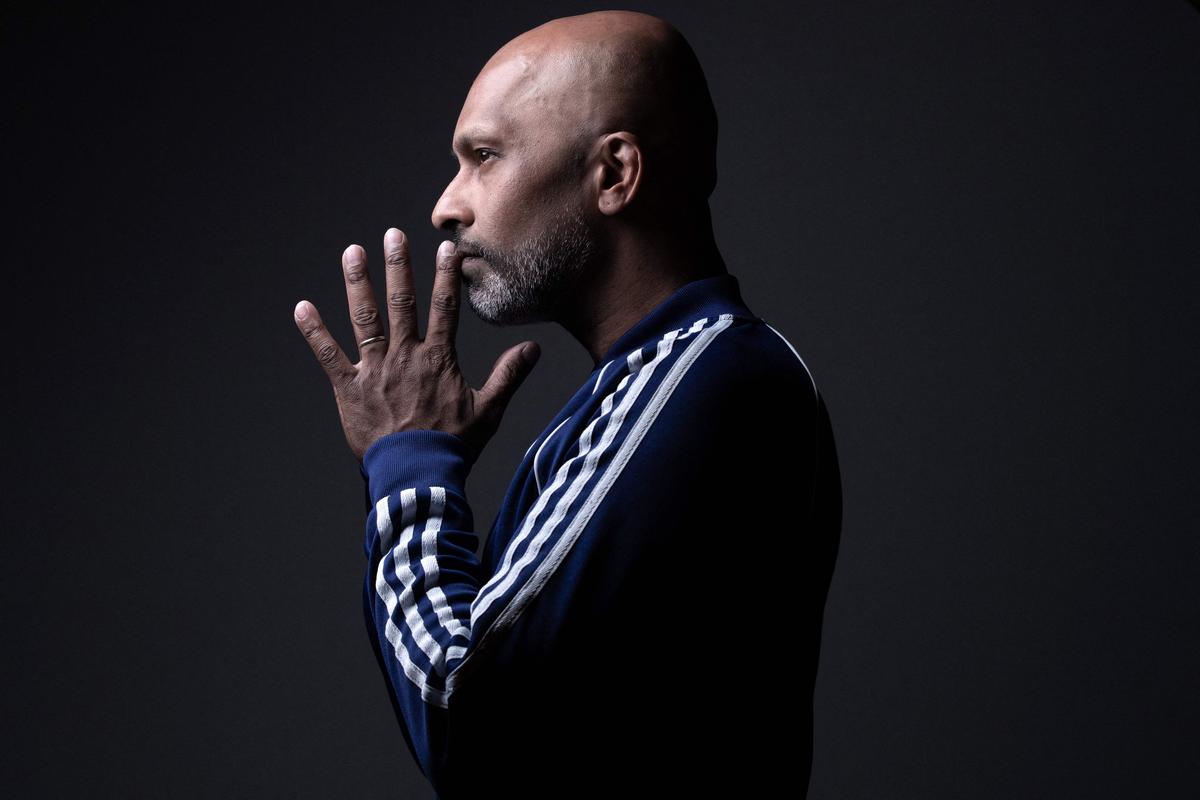
Akram Khan
| Photo Credit: JOEL SAGET
Peter Brook focussed as much on the women in the epic as the many male characters. Not satisfied with merely bringing them under the spotlight, the genius storyteller actually recognised their power and role in the Kaurava-Pandava feud. And this reflected in Akram’s own early work, ‘Gnosis’, based on Gandhari’s story and how her maternal instinct overshadowed her primary role as a Kaurava queen.
When Akram’s ‘Until the Lions’ premiered in 2016, it felt like the dancer-choreographer just needed another excuse to showcase what he drew from his association with the inimitable Peter. This piece too was based on the Mahabharata, particularly on another strong woman, Amba (taken from Karthika Nair’s book of poetry by the same name).
Though Akram’s narrative and technique intricately blend the essence of Kathak and contemporary vocabulary, the core is defined by the vibrant but effortless style that marked Peter’s approach. On Peter’s passing, Akram states “I loved how he saw his art in the world he lived in.” In an email interview in-between a hectic performance schedule in Paris, he continues: “Being in his presence I began to look at the world as a massive stage, where stories reveal and hide, teach and help us reflect on the narratives we create from within us. It was one of those productions that changed my journey ahead as an artiste. It opened my eyes to what theatre actually is and what it can be.” Incidentally, London-born Peter relocated to Paris in the early 1970s while making a crucial mid-career move. There he founded the International Centre of Theatre Research, to develop his kind of work, which included both classics and experimental.
Even while carrying the label of a showman with panache, Peter remained an incessant explorer of spaces, for instance when he chose a quarry near Avignon for the dawn-to-dusk staging of the Mahabharata. And also, a talented teller of stories: what better example than writer Jean-Claude Carriere’s trilogy based on the epic. In the process, he pushed creative minds to probe and question and to be daring and different.
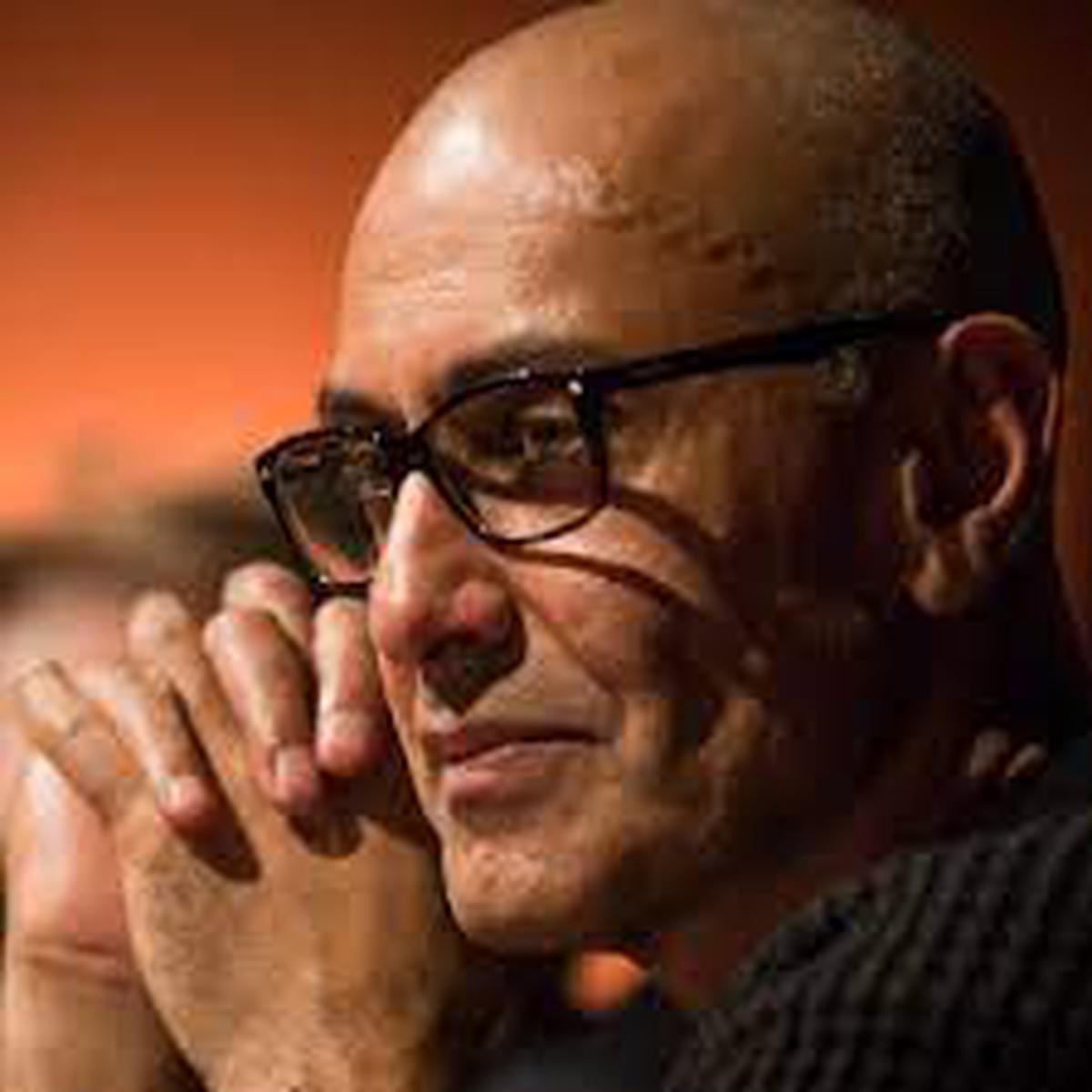
Farooq Chaudhry.
| Photo Credit: Special Arrangement
Farooq Chaudhry, a well-known voice in the British cultural world and also the co-founder and producer of the Akram Khan Company, calls Peter “a true visionary”. “With heavy hearts we mourn his loss. Peter Brook’s pioneering and uncompromising spirit demanded us to see the universe and the complexity of being human through his chosen medium of theatre. It’s not easy to describe in a few words how he influenced and inspired a whole generation of storytellers,” says Farooq.
“He was and will continue to be a British national treasure, but like all of the true greats, he spoke to all of us and for all of us. Call it global or universal or what you will but to define him geographically is reductive. He will be sorely missed and as the world becomes increasingly uncertain and insecure, his departure will remind us we can only change things for the better if we are prepared to do whatever it takes to protect the innocence and purity of our most precious ideas and stories,” says Farooq.


